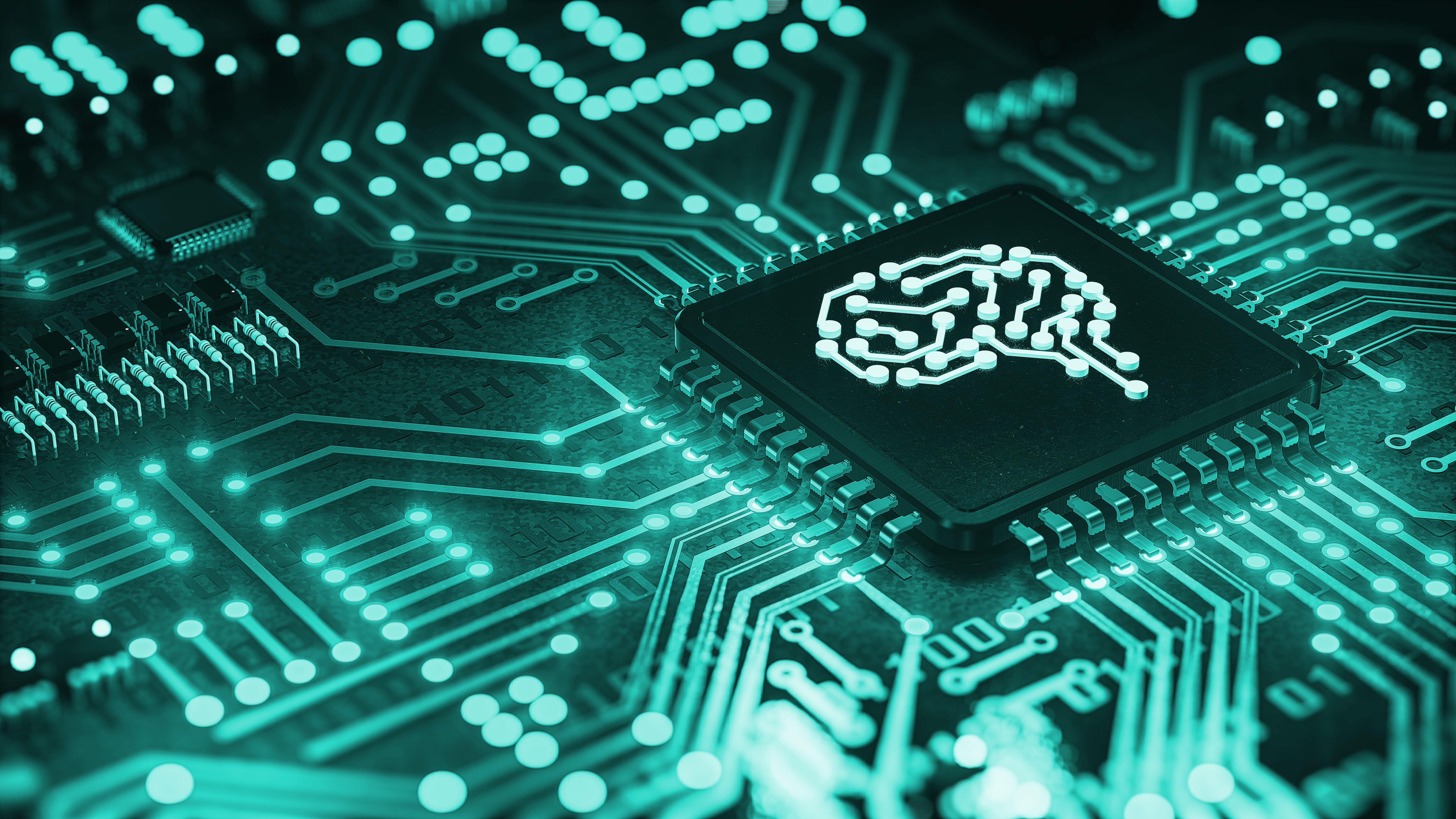SAN ANTONIO — The Defense Intelligence Agency is on track to release an artificial intelligence strategy in the coming weeks that will focus on attracting and developing a strong workforce.
Ramesh Menon, DIA’s chief technology officer, told reporters Dec. 14 the strategy is awaiting approval from the agency’s director and should be released “very shortly.”
The document takes a broad look at DIA’s needs, but sheds a particular light on the urgency to grow the agency’s AI talent base, Menon said during a media briefing at the Department of Defense Intelligence Information System Conference in San Antonio, Texas.
RELATED

“Although we looked at it from different pillars, the most important one is talent and skills,” he said. “How do we attract the best and brightest [and] retain them in the intelligence community to enhance our mission capabilities?”
The strategy, which Menon and his team developed over the last year, comes in the wake of a 2021 report from the congressionally mandated National Security Commission on Artificial Intelligence, which argued the U.S. Department of Defense and the intelligence community are not prepared to protect against AI threats or harness the technology to improve national security.
The panel of scientists, business leaders and national security officials — chaired by former Google CEO Eric Schmidt — called on the national security community to ensure it is “AI-ready” by 2025.
“AI integration is hard in any sector — and the national security arena poses some unique challenges,” the report said. “Nevertheless, committed leaders can drive change. We need those leaders in the Pentagon and across the federal government to build the technical infrastructure and connect ideas and experimentation to new concepts and operations.”
Menon said that at a “very high level,” DIA’s forthcoming AI document is its plan for implementing the commission’s recommendation.
On the workforce front, the agency is looking to increase its investment in junior talent in hopes that it will draw more new recruits, according to DIA Deputy Chief Information Officer E.P. Mathew. Although that approach could mean the agency loses some trained personnel to higher paying jobs, the hope is that it would load the front end of DIA’s training program.
“We would love to be that pipeline or that training hub where people do come and recruit from us,” he said during the briefing.
DIA also wants to increase its collaboration with other DoD and intelligence agencies that can share lab space and expertise, Mathew said.
Along with its emphasis on workforce development, Menon said the strategy highlights the need to strengthen DIA’s data platforms and ensure its AI algorithms and processes are compliant with national policies. It also calls for deeper partnerships with international allies.
“We are working in collaboration with our partners, and we are expanding the value of data that we currently have to ensure we get that global overwatch advantage in terms of our mission,” he said.
Courtney Albon is C4ISRNET’s space and emerging technology reporter. She has covered the U.S. military since 2012, with a focus on the Air Force and Space Force. She has reported on some of the Defense Department’s most significant acquisition, budget and policy challenges.








